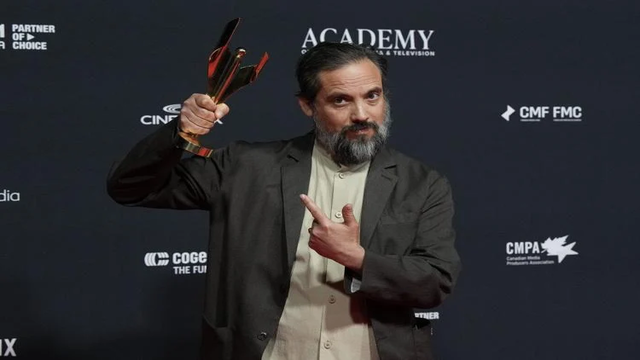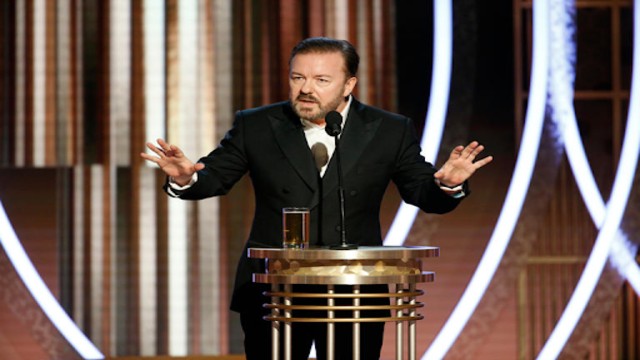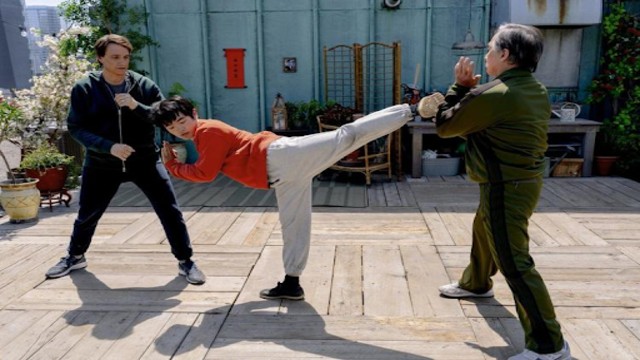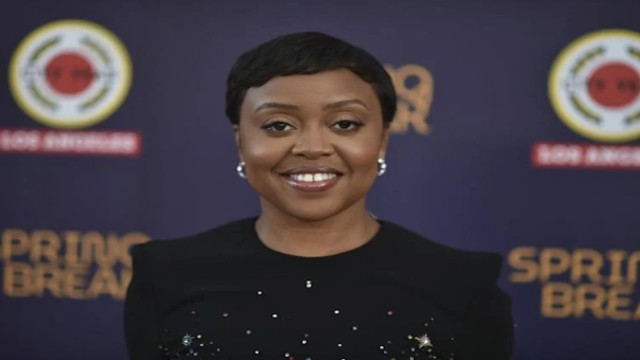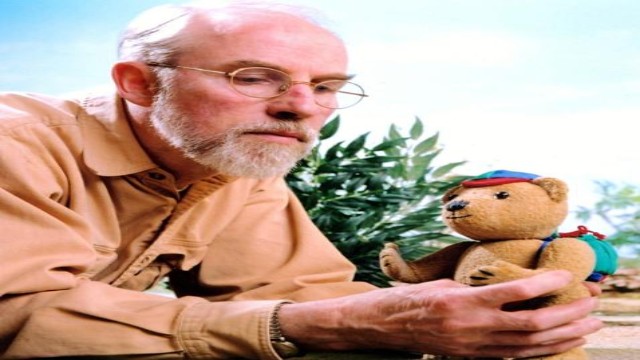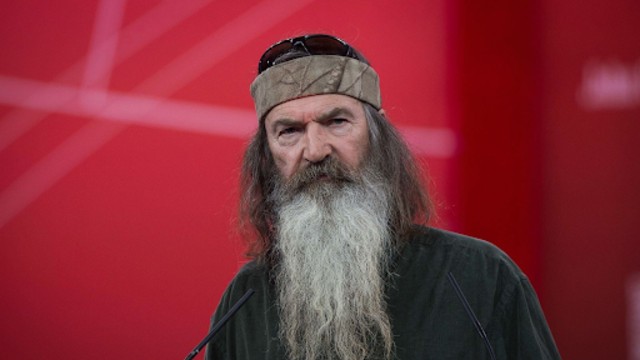
Alec Baldwin appears in court for his involuntary manslaughter trial in Santa Fe, New Mexico.
In a surprising turn of events, the judge dismissed the involuntary manslaughter charges against actor Alec Baldwin on Friday, just hours after his legal team accused law enforcement and prosecutors of concealing crucial evidence. This decision came only two days after the trial had begun, raising eyebrows in the legal community.
Judge Mary Marlowe Sommer stated that the late revelation of this evidence significantly affected the fairness of the trial. She remarked, “The late discovery of this evidence has impeded the effective use of evidence, impacting the fundamental fairness of the proceedings. If this conduct does not rise to bad faith, it certainly comes close.” Her strong words underscored the seriousness of the situation.
Upon hearing the judge's ruling, Baldwin, 66, broke down in tears and embraced his wife, Hilaria Baldwin. The dismissal was made "with prejudice," meaning the prosecution is barred from bringing the charges against him again. Baldwin faced up to 18 months in prison if convicted, making this ruling a significant victory for him.
Criminal defense attorney Lauren Johnson-Norris commented that this outcome was not unexpected and called the situation an embarrassment for the prosecution. She highlighted that the prosecution had not only struggled to present a strong case but had also withheld exculpatory evidence—information that could have helped Baldwin's defense. Johnson-Norris anticipated that Hannah Gutierrez-Reed, the film's armorer who has already been convicted for her role in the incident, would likely seek a new trial following this dismissal.
The trial had an unremarkable start on July 10, with the state attempting to build its case against Baldwin. The prosecution needed to prove that Baldwin, while acting as an actor on set, was responsible for the death of cinematographer Halyna Hutchins, who was killed in 2021 when a live round was discharged from a gun he was handling.
For the prosecution to succeed, they needed to establish that Baldwin acted negligently. However, this was complicated by the fact that Gutierrez-Reed had already been sentenced for the same crime, raising questions about the validity of their claims. The evidence presented did not strongly support the notion that Baldwin was negligent at the time of the incident.
The prosecution's ethical obligation to disclose all relevant evidence to the defense came into play here, as their failure to do so was a critical factor in the judge's decision. This dismissal not only signifies an end to Baldwin's legal troubles related to these charges but also highlights significant issues within the prosecution's approach to the case.
Baldwin was accused of involuntary manslaughter for holding a .45-caliber revolver that discharged a live round, resulting in Hutchins' death and injuring the film's director, Joel Souza. During the trial, Baldwin's defense pointed fingers at others responsible for safety on set, including Gutierrez-Reed and first assistant director David Halls.
Despite the prosecution's claims that Baldwin regularly neglected safety protocols, Baldwin has consistently maintained he never pulled the trigger. The ongoing debate over the firearm's condition and how the incident occurred continues to fuel the discussion surrounding this tragic event.



